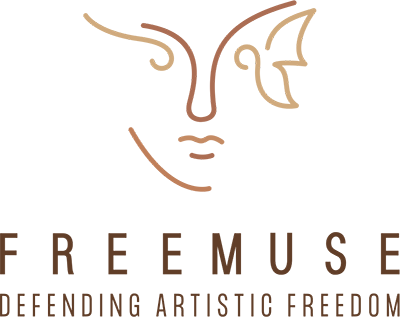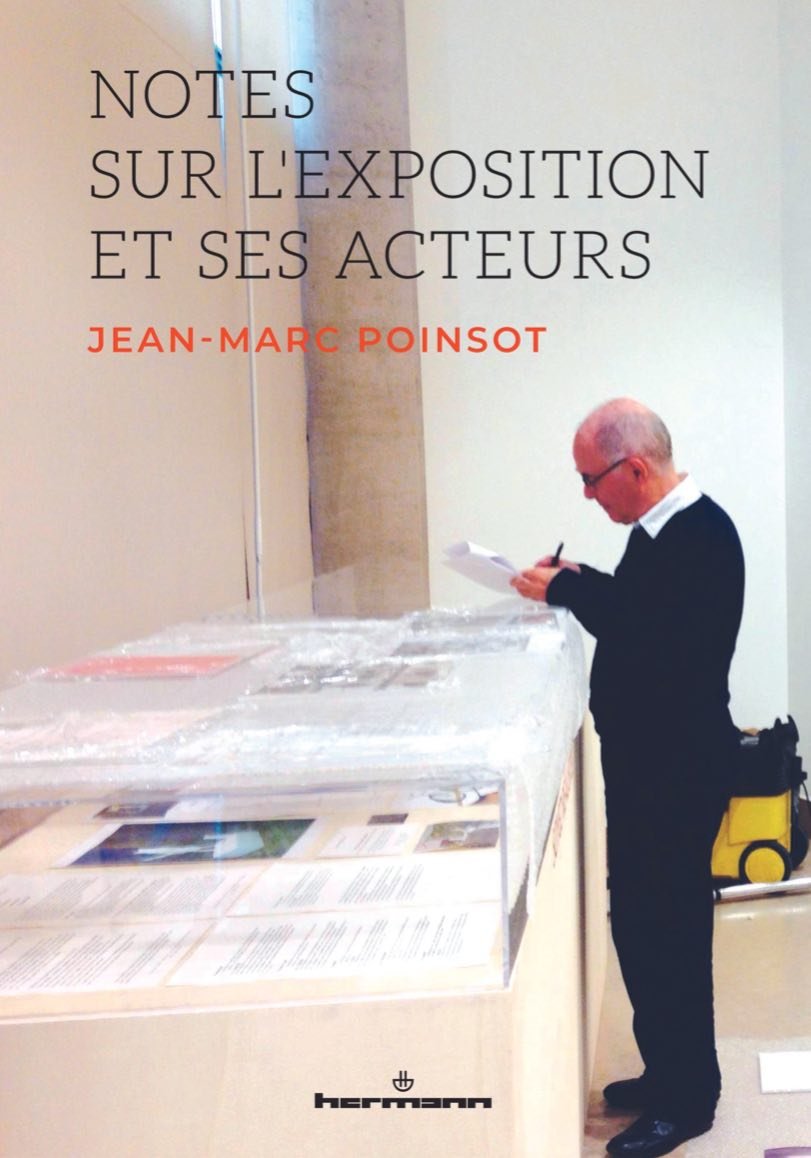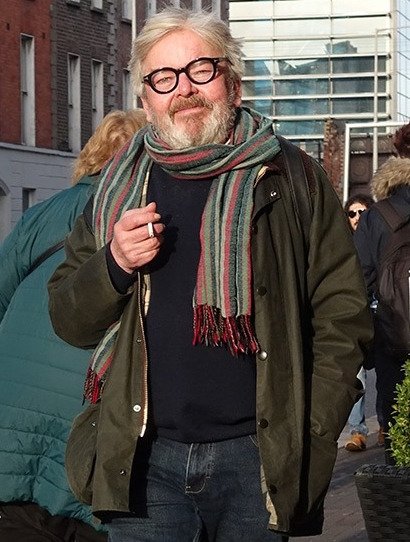The Censorship and Freedom of Expression Committee of Aica International would like to express its deep concern at the extensive loss of lives, the threat to art critics, artists, curators and the irreparable damage to art centers, museums and cultural sites in Gaza. The Hamas- Israeli conflict since last October which claimed 33000 Palestinian and 1100 Israeli lives has also led to large scale destruction of the shared cultural and historical heritage of the world. In its initial findings via satellite and eyewitness accounts UNESCO has verified damage to 43 significant cultural sites that include 24 buildings of historical and artistic interest. The important visual arts center, Shababeek for Contemporary Art was razed to the ground during Israeli bombing, along with it invaluable collection of 20,000 art works. This included 5,000 pieces that represented 30 years of the art practice of Sarhan, one of the founders of Shababeek for Contemporary Art. Earlier Eltiqa Group for Contemporary Art, another established visual arts space was also destroyed. Both these institutions offered a community programming which included and a much needed arts-focused mental health programming to support children growing up amid the wars and blockades. Their devastation has left a vacuum in the cultural life of the people of Gaza.
During the ongoing conflict one of Palestine’s most celebrated artist, Fathi Ghaben lost his life because he was not allowed to leave Gaza to receive urgent medical care, another popular artist, Heba Zaqout was killed in an airstrike. The human cultural capital of Gaza is increasingly at risk as already intellectuals, academics,artists, poets and writers, among them, 3 university presidents and 95 university professors, have lost their lives since October. Gaza's museums have not been spared from the bombardment, the Al-Qarara Cultural Museum in southern Gaza, which housed a pottery collection from the Byzantine period, suffered serious damage and the Rafah Museum and Al-Mathaf, a national archaeology museum in the making, were also bombed, and their contents destroyed.
It is important to reiterate here that one of the fundamental principles of the Preamble of the 1954 Hague Convention for the Protection of Cultural Property in the Event of Armed Conflict states that “damage to cultural property belonging to any people whatsoever means damage to the cultural heritage of all mankind, since each people makes its contribution to the culture of the world”. Also enshrined in various UN Conventions is that cultural heritage is an important component of the cultural identity of communities, groups and individuals, and of social cohesion, so that its intentional destruction may have adverse consequences on human dignity and human rights.
A report by Forensic Architecture on the archaeological site of Blakhiyya, (identified as Anthedon Harbour, Gaza's ancient seaport dated 800 BCE – 1100), has been largely damaged by Israeli airstrikes and military activities. The same is true of Mukheitim, the Byzantine Church, (5th century) with its mosaic floors and Greek inscriptions which has been turned into a base for the Israeli military.
As the UN Special Rapporteur for Cultural Rights, we urge you to take action against the blatant violation by Israel of the 1954 Hague Convention and its Second Protocol which prohibits the destruction and damage to cultural heritage in armed conflicts. As a signatory of UNESCO treaties and conventions it is incumbent upon Israel to respect international law and Palestinian cultural property should not be targeted or used for military purposes under any circumstances.
AICA International joins fellow professional organization like Forensic Architecture and International Council on Monuments and Sites (ICOMOS) to underline the violation of human rights, freedom of expression and cultural rights of art professionals and the people of Gaza.
On behalf of AICA
Malgorzata Kazmierczak, President of AICA International
Niilofur Farrukh, Chair of the Censorship Committee
Documents available as PDF files below.
Censorship & Freedom of Expression Committee Statement on threat to art professionals and damage to cultural heritage in Gaza.















